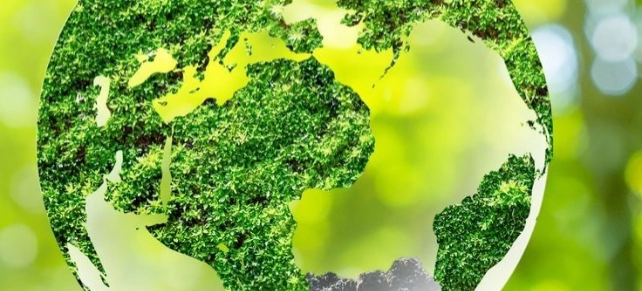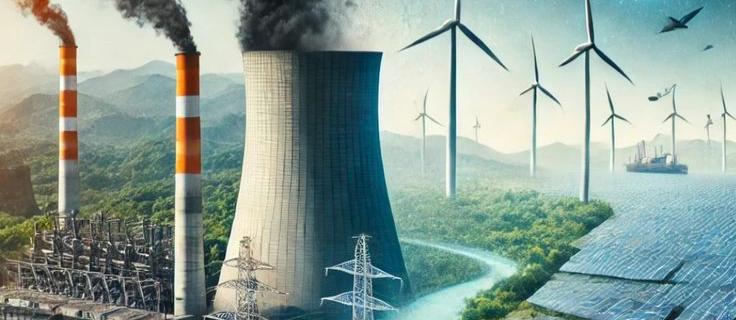Renewable Energy Sources
Transitioning to renewable energy sources is a crucial step toward a sustainable future. Traditional energy sources like coal, oil, and gas are finite and cause significant environmental harm. They contribute to greenhouse gas emissions, air and water pollution, and climate change. In contrast, solar, wind, hydro, and geothermal energy offer clean, safe, and inexhaustible alternatives.
Solar energy is one of the fastest-growing sectors. Solar panels are becoming more affordable and efficient, making it possible to install them on both large solar farms and individual rooftops. This allows individuals to generate their own electricity. Wind power also shows great potential, particularly in areas with consistent wind patterns. Wind turbines now supply electricity to millions of homes without harming the environment.

Hydropower remains a key source of clean energy, especially in countries with abundant rivers. However, it is important to manage the ecological impact of dams. Geothermal energy, drawn from the Earth’s internal heat, is used for heating and electricity generation in geologically suitable areas.
Renewable energy development not only protects the planet but also creates jobs, reduces fuel import dependency, and enhances energy security. Implementing green technologies requires political will, investment, innovation, and public involvement. Supporting research, education, and affordable financing for households are vital components.

Individuals can contribute by installing solar panels, conserving energy, and choosing energy providers that prioritize renewables. The future of energy lies in sustainable, clean solutions that benefit both people and the planet.
Close